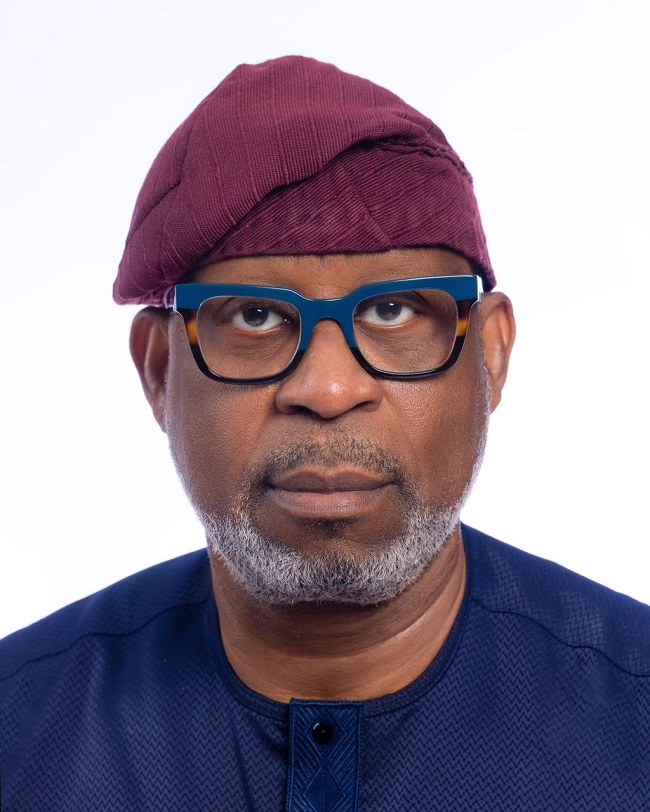Dele Alake, minister of solid minerals Development, has said the consent of host communities remains a prerequisite for obtaining mining licences in Nigeria and those miners that fail to abide by such rules risk losing their licences.
Alake disclosed this on Tuesday at the BusinessDay Solid Minerals Conference, themed ‘Digging Deeper: Diversifying Nigeria’s Economy for Wealth Creation’, which was held in Abuja.
According to him, the ministry launched the community development agreement (CDA) initiative to promote the welfare of host communities by ensuring that mining companies carry out development and social responsibility for the betterment of the communities, a requirement that would help tackle some of the teething challenges in the sector and unlock its huge potential.
He said: “Last year, I launched the revised requirements for Community Development Agreements. It was the appropriate forum to appeal to holders of mining licences to ensure that they negotiate with the communities in their mining areas and sign the agreements which ensure that the communities benefit from the wealth created by their commonwealth.
“I wish to note, with dismay, that only 18 companies signed CDAs with their communities last year. We hope to enforce the implementation of the revised guidelines in the New Year and those found wanting will face stiff penalties.”
The minister noted that central to the efforts to reposition the sector is the establishment of a private-sector-driven Nigerian Solid Minerals Corporation, saying that the process of creating the legislation for the institution has begun.
He disclosed that on February 12 and 13, 2024, the Solid Minerals Committee of the House of Representatives will hold the first policy dialogue on the proposed law to create the corporation.
According to the minister, in working with the legislature to establish the legal and legitimate foundation for the institution, the ministry has resolved to promote a share structure in line with a private sector-led strategy in which the Federal Government is expected to hold not more than 25 per cent.
He said: “The Nigerian citizens will, by public shares, hold 25 per cent, and private investors, each with a maximum of 10 percent of the shares of the N1 billion share capital, will be achieved.
“We are also determined to learn from the pitfalls of the defunct Nigerian Mining Corporation by ensuring that the new company operates according to the values of the market by reducing unnecessary intervention to the barest minimum and motivating its officials to take decisions solely for profitability and capital formation in the sector.”
He added: “Our campaign against illegal mining and call on artisanal miners to form co-operatives and get government recognition, support and legal basis to mine is yielding fruits. To date, there are 2,329 registered artisanal miners co-operatives in the country. In 2023, 123 co-operatives were registered. Significantly, 77 of 123 opted for registration following my appeal to them to join hands with the Federal Government.
“The Ministry provides extension services to these co-operatives by improving their book-keeping skills and drilling techniques. I wish to further urge artisanal miners to come together and register as co-operatives.
“To ease the operations of this sub-sector, the Ministry has licensed 986 buying centres across the 36 states of the Federation. Plateau, for obvious reasons of its long mining history, has 315 centres followed by Federal Capital Territory, 224 and Lagos, 108.”
He said efforts were also being made to improve the Nigerian Mining and Minerals Act 2007 to accommodate the changes over the years and make it more amenable to national priorities.
Alake said: “Meanwhile, the ministry continues to facilitate the processing of applications for permits to refine minerals and to process and purchase. Last year, no fewer than 499 licences were granted to applicants involved in the business of purchasing and sales of minerals.
“Predictably, applications for the purchase and sale of lithium topped the list with 146 licences, followed by gold, 91; tin, 46 and coal, 32. Other minerals for which licences were granted include Tantalite, Iron Ore, Kaolin, Feldspar, Beryl, baryte, Columbite, Mica and Aquamarine.”


